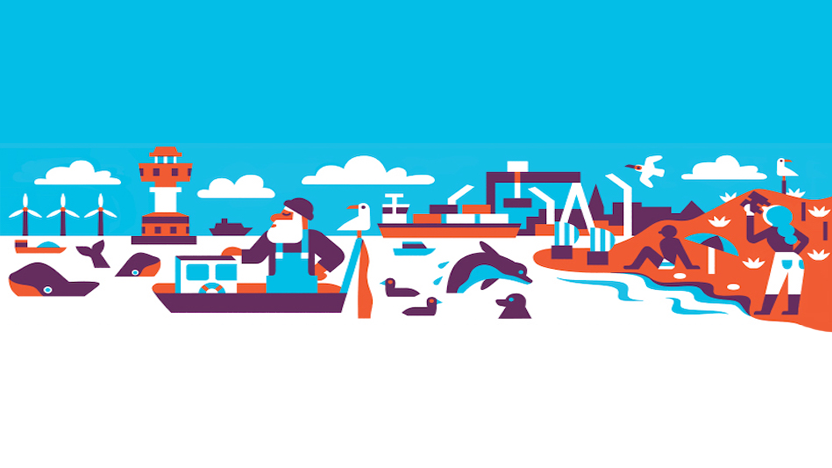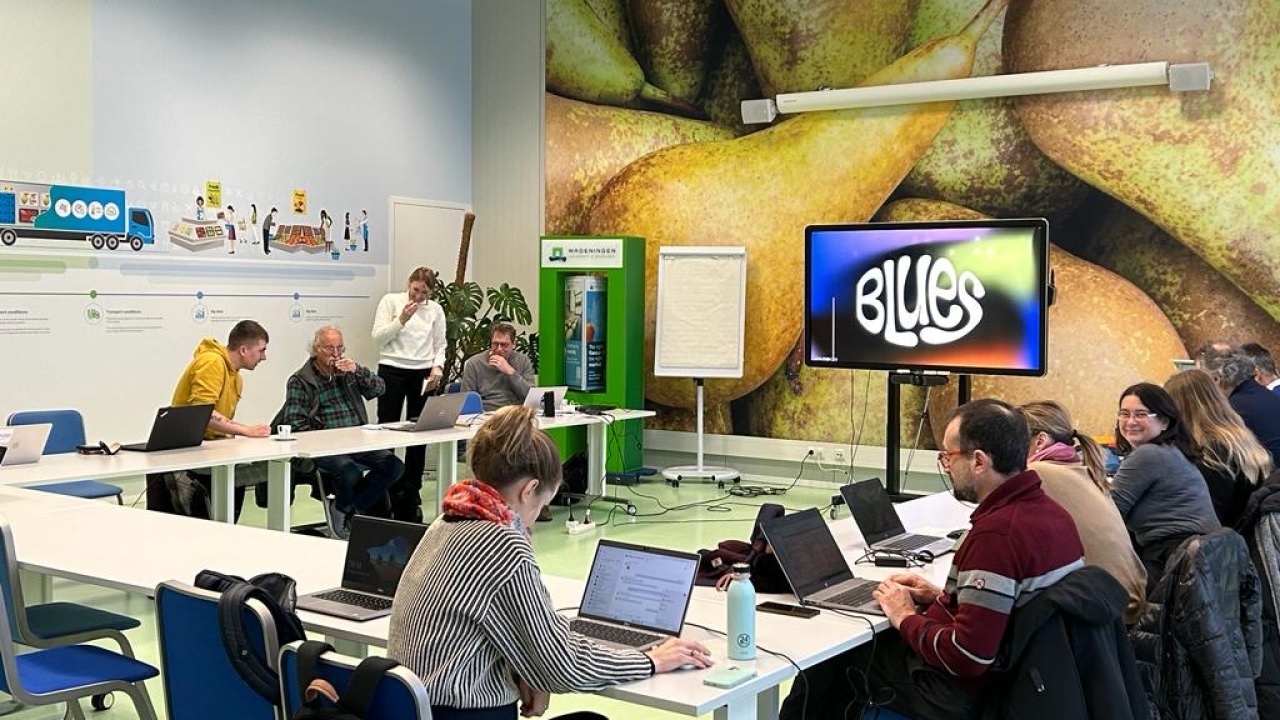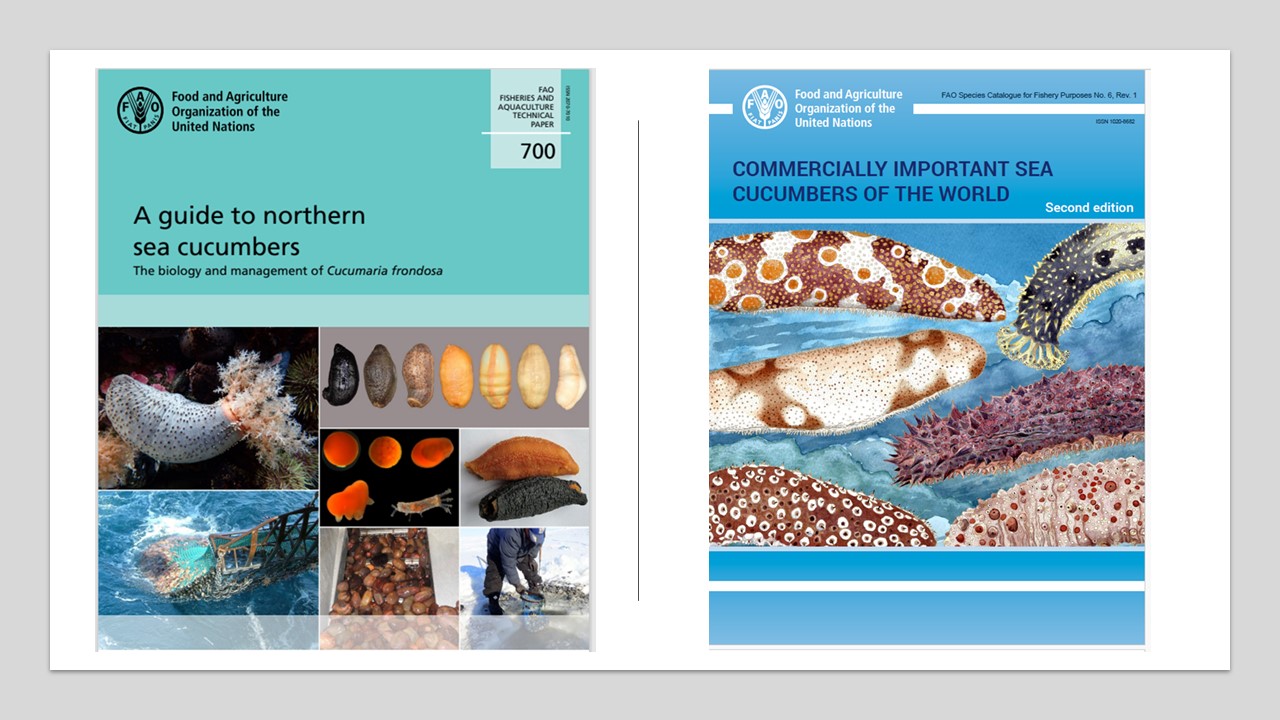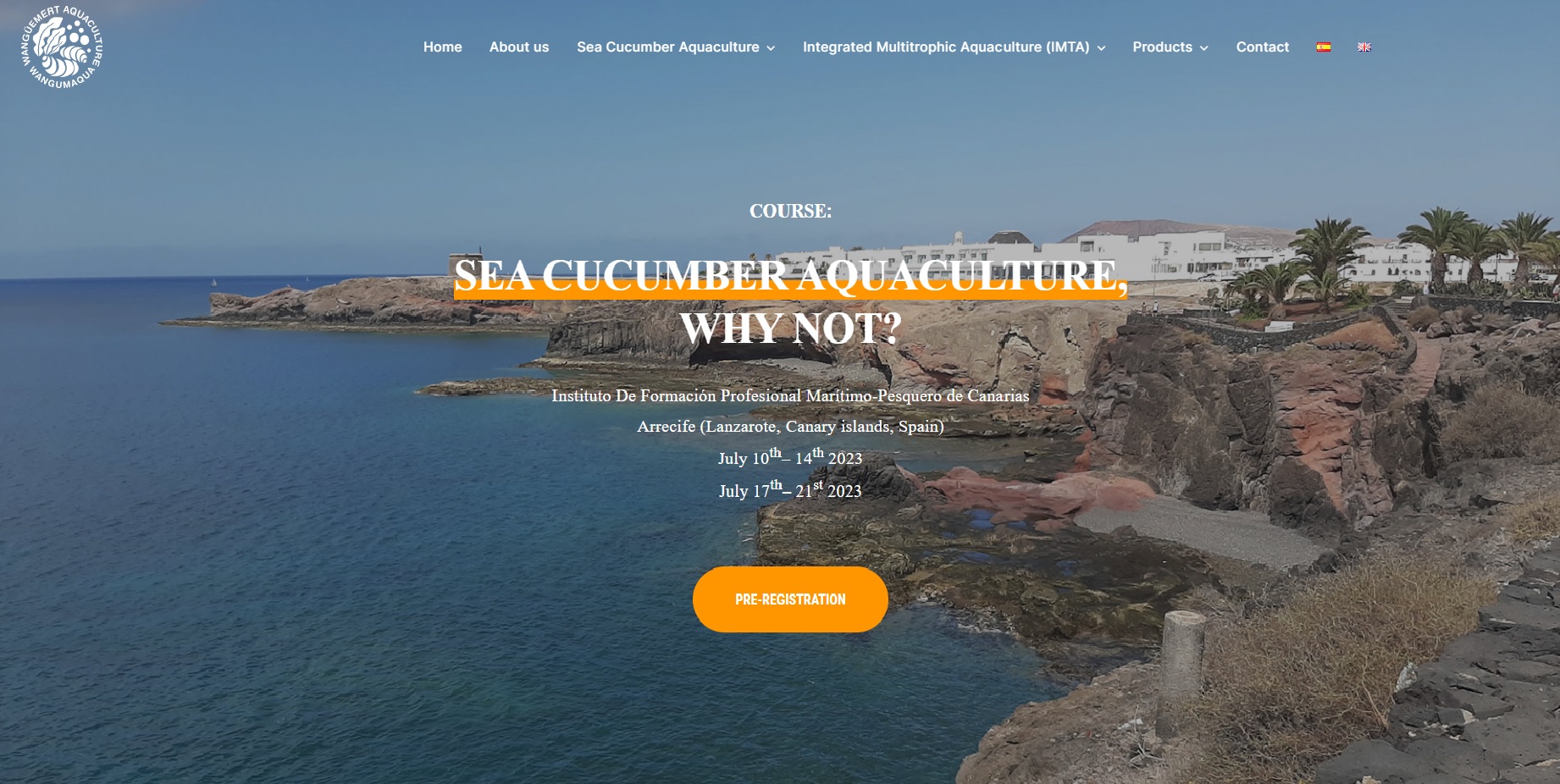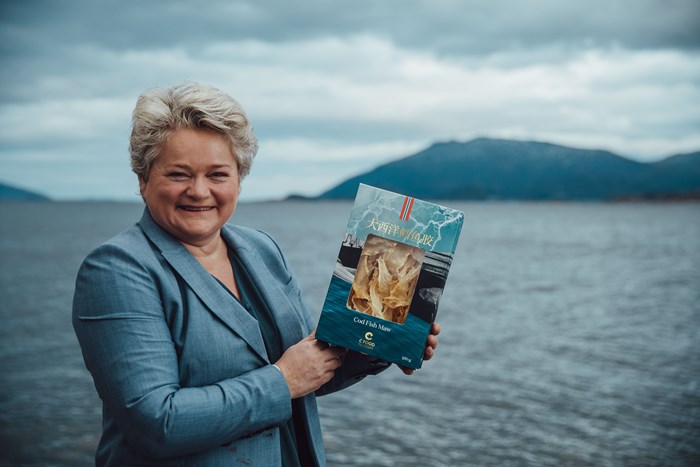Open Symposium on Current Conservation Issues in Global Sea Cucumber Fisheries and Aquaculture
Abstract submission opens until 24 February 2020 (https://conbio.org/mini-sites/imcc6/participateimcc6/call4abstracts/)
Current Conservation Issues in Global Sea Cucumber Fisheries and Aquaculture: https://conbio.org/mini-sites/imcc6/
An Open Symposium at the International Marine Conservation Congress
in Kiel, Germany 24-27 Aug 2020
ABSTRACTS DUE: FEB 24, 2020
Abstracts for these talks need to be submitted to IMCC’S online system which can be found here.
If you have any questions please email Dr. Heather Penney (hpenney@mun.ca)
Sea cucumbers are a very valuable resource, as they have one of the highest dollar values per kilogram for seafoods, and the Asian sea cucumber market is worth several billion USD annually. However, the increasing demand and the high market value for sea cucumber products have led to a decline in the natural stocks of traditional high-value species in Asia and the Indo-Pacific. As a consequence, new species have been introduced to the market and there are currently over 70 species harvested around the globe. Most sea cucumbers are harvested by divers or by dredge fishing boats, however current production through fishing cannot keep up with market demand. Unfortunately, overfishing has severely impacted many populations throughout the world. A recent global investigation of the status of sea cucumber fisheries revealed that 14% of stocks were fully exploited, with no room for expansion, 38% were over-exploited and 20% were depleted or collapsed, consequently, some regions are now ranching or culturing sea cucumbers.
The goal of this symposium is to have sea cucumber experts and stakeholders meet and present on conservation issues in their region. Our purpose will be to discuss global sea cucumber fisheries and aquaculture and to identify the most important issues for sustainable harvests and overall conservation. The anticipated outputs would include: establishing a network for sea cucumber conservation, and a group paper on global sea cucumber fisheries and aquaculture with directions for conservation. This half-day session will consist of up to 10 15-minute talks and a 1-hour round table discussion about research and management directions, and what we can do to help conserve the resource while still allowing harvesters to make a living.

